Humanities Lack of Cooperation is Not Going Away
Why and How Will it Affect our Future?
Graph showing the recent increase in citizens getting most or all of their political information via social media. As social media is already known to be faulty and inconsistent, with a multitude of lies and incorrect facts, this is troubling.
April 28, 2022
Humanity and civilization throughout history has been indefinitely molded by conflict, war, and disagreement. We can agree our world would be a very different place if many conflicts did not arise between others. However, it seems as though the world is a very advanced place, with humans having longer lifespans, better education, and opportunity.
If this is the case, why do we seem just as, or even more divided than in the past? The “United” States of America is a rather ironic name for the country, as division runs rampant through our culture, economy, and politics. The question becomes, why are we like this? Why have we not changed? And why is cooperation falling short to argumentation?
There are many answers to this question, including a multitude of societal and even governmental influences, combined with human nature/psychology itself. In this country we tend to think we are divided when that is not the case, and by doing so we influence division in our culture. Politically, the US is very unhealthily divided.
A YouGov poll deducted that polarization politically is getting continually more divided in politics. The poll showed how in 2017, over 60% of Democrats and 60% of Republicans viewed the opposing side as “immoral” and “close-minded”. Ironic, isn’t it? This statistic is getting even worse, as in 2018, those statistics rose to 70% of Republicans and almost 60% of Democrats holding those beliefs. Why is our country getting more divided as the years go on? Shouldn’t it be the opposite?
This is ingrained naturally in human nature. Cognitive polarization and emotional polarization are two psychological aspects of the mind that cause these disagreements to become so personal. Dylan Selterman, Ph.D in psychology, explains this phenomenon in layman’s terms, and deduces how people associate points of view with emotions and morals, taking things personally. “This makes political conversations much more difficult because you’re not just discussing healthcare policy—you’re discussing healthcare policy plus being a morally good person.” We must attempt to abandon these connotations and subconscious feelings when having debates, or we will retain close minds.
The human psyche is not the sole reason for this polarization, however. The media forces this upon us even more. There are multiple examples, including Google search results pertaining to your location, and pre-existing ideologies, in order to obtain more views and clicks. Not only is this dishonest, but different people seeing different things when they research on the internet is extremely dangerous for society and makes finding objectivity on the internet almost impossible.
Naturally, social media amplifies extreme opinions. However, the solution cannot be solved simply by exposing everybody to different viewpoints on the internet. In a model designed in a study from Dr. Bail, they found that “when you repeatedly expose people on social media to viewpoints different than their own, it just makes them dig in their heels and reinforces their own viewpoint, rather than swaying them to the other side.”
Now we know that the problem is not so simple. Going even deeper, another potential cause for this issue is the news media. As most of us know, many news media and journalists misrepresent information and have clear biases that effect how the audience perceives facts. Multiple news outlets enforce this polarization between parties by opposing the other party with antagonistic intent. They manipulate the audience’s emotions and sympathy in an attempt to direct anger towards politicians and people with another agenda. They bring into question the morals of others, while claiming to be unbiased and “for the people.”
In a survey pushed by Gallop and the Knight Foundation, it efound that three in four people (74%) believe that owners of media companies are influencing coverage and inaccurately report things on purpose. This is an astounding statistic, and it creates the question as to why Americans continue to let it divide them.
Maybe it is truly human nature to stray towards a familiar bias and to go with what we already know. Maybe it is divided for a more idealistic purpose, with citizens truly believing what they agree on, knowing all facts. This is highly unrealistic, but can a solution be made for a problem we cannot measure or understand?
As of now, we must speculate and wait, and try our best for ourselves and for our country to get all the facts needed, and attempt to discard morals for the sake of understanding all viewpoints before making a decision, and bringing emotions into an argument. Only then would we have a chance to make the best society we can have.



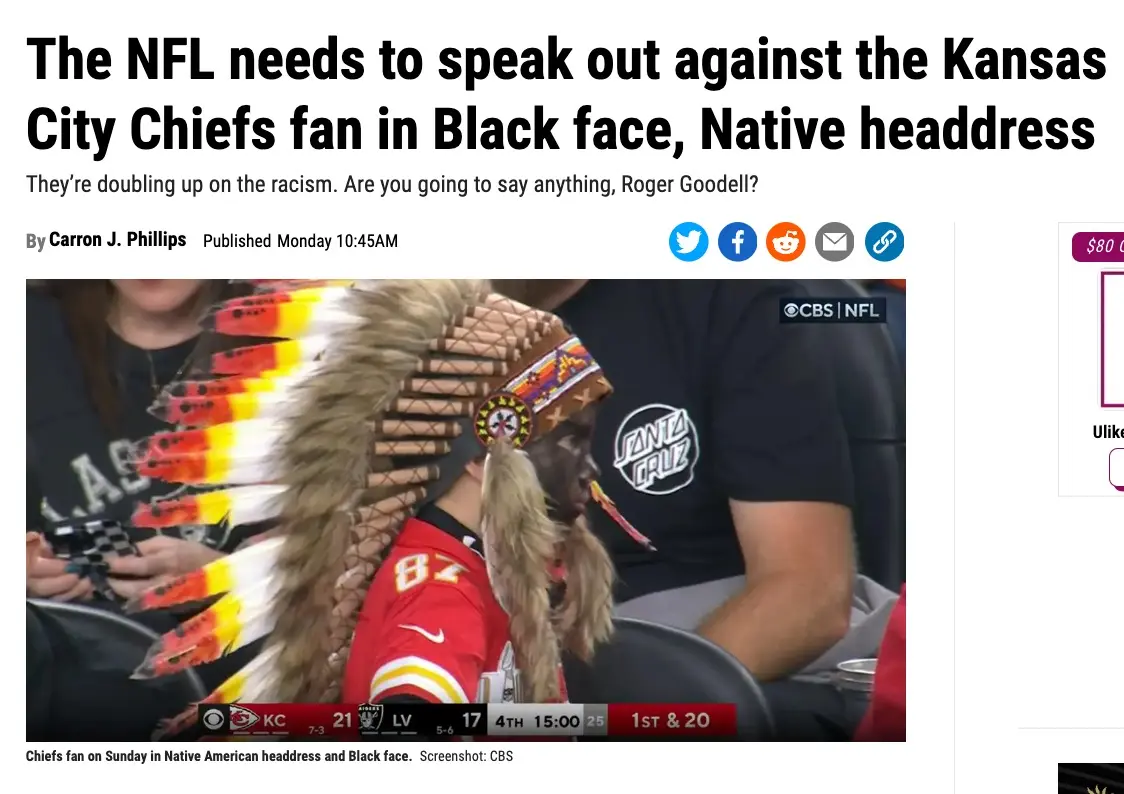
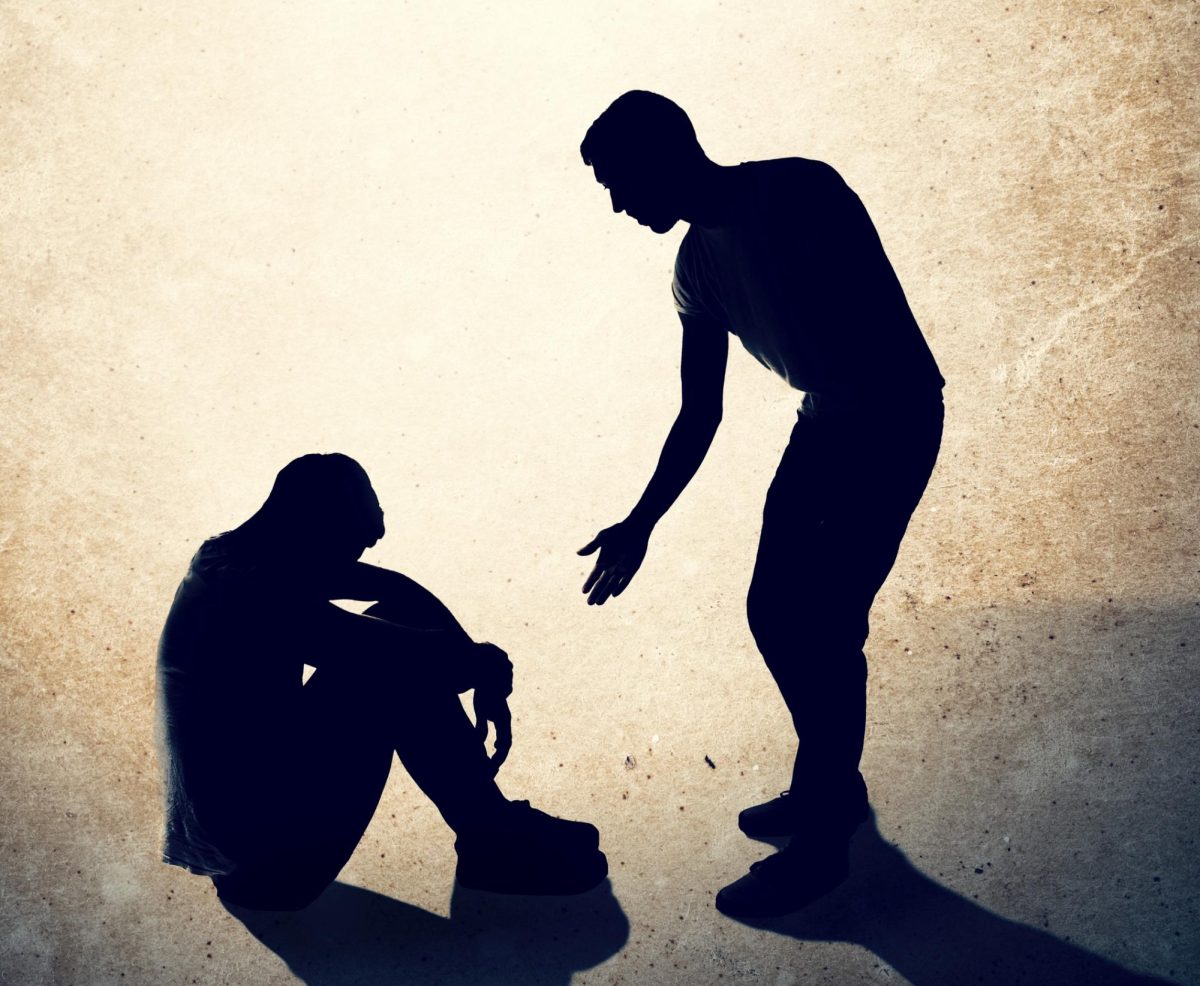
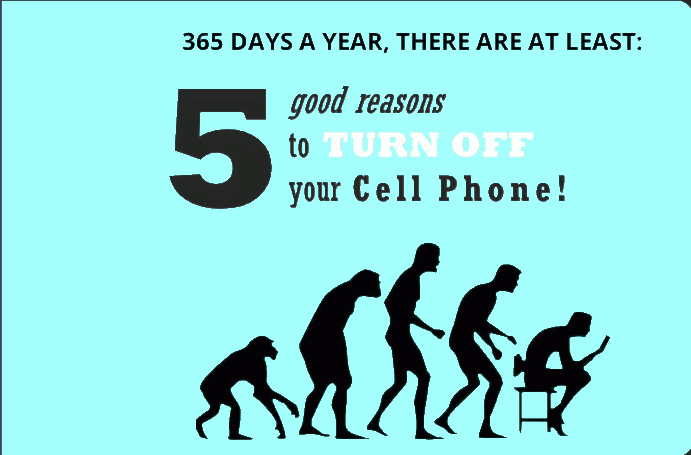

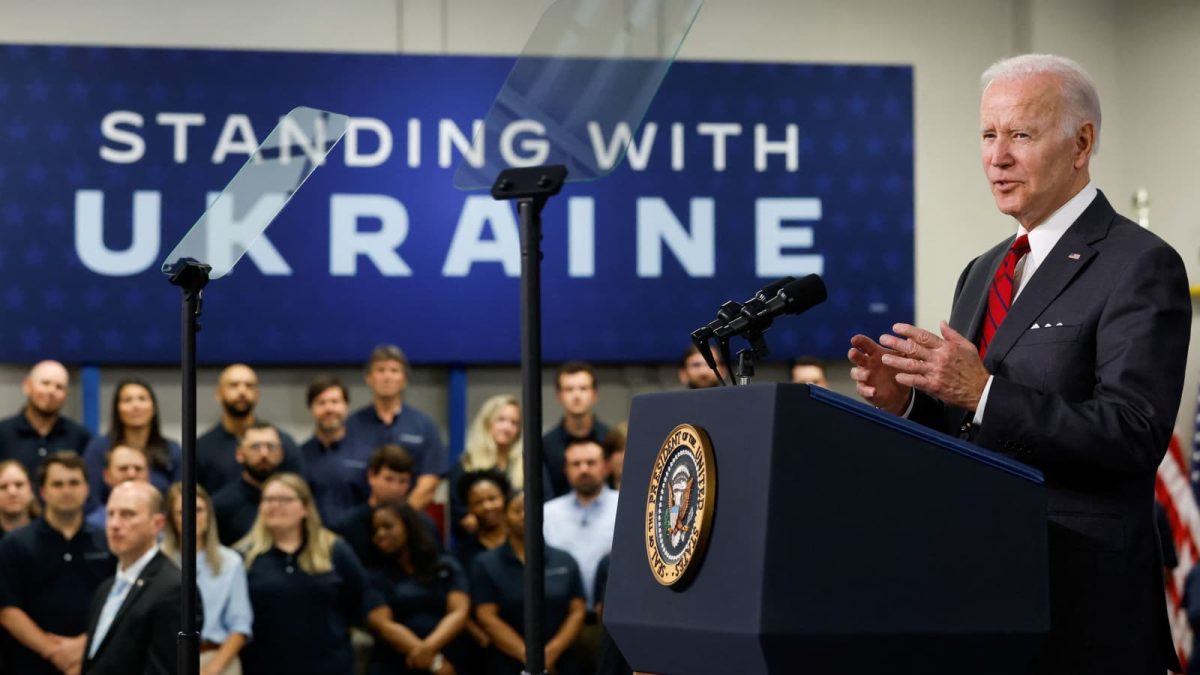

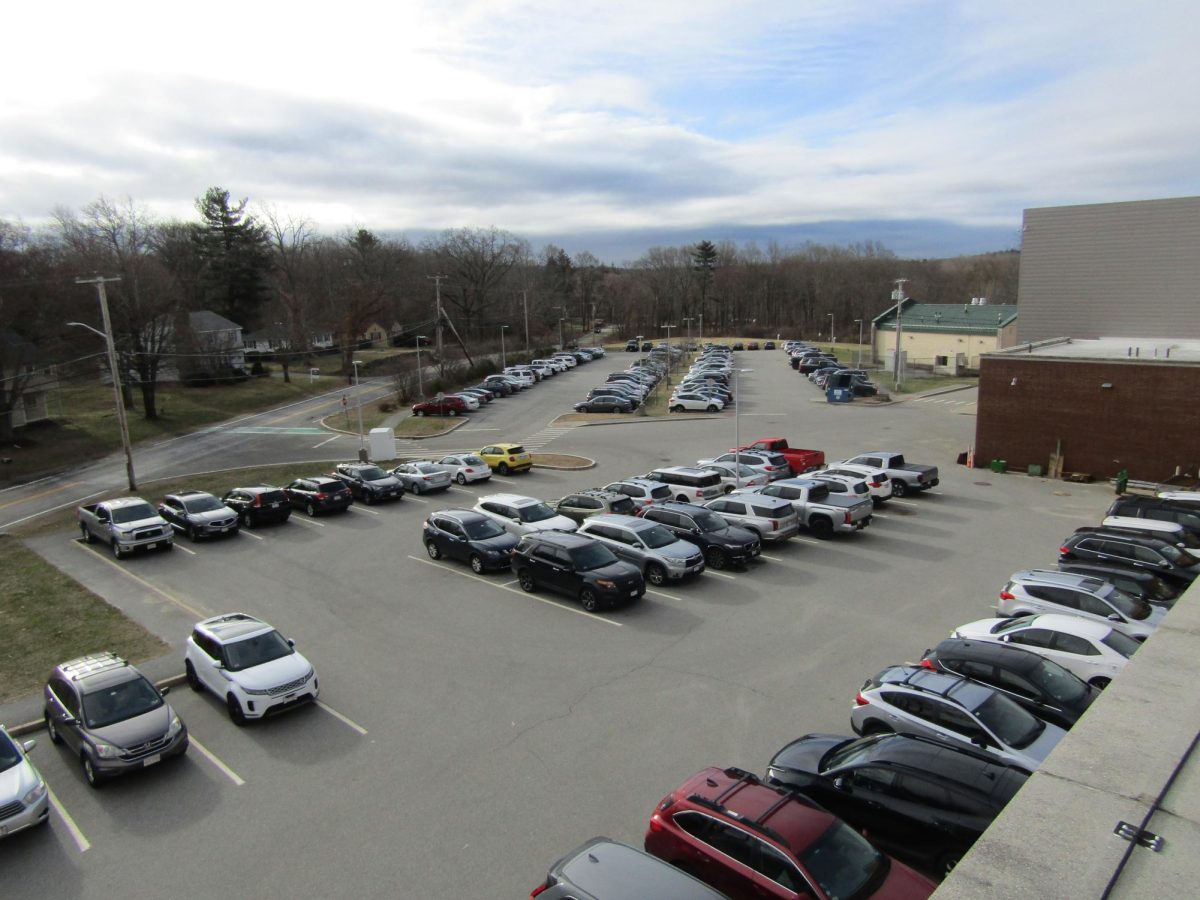





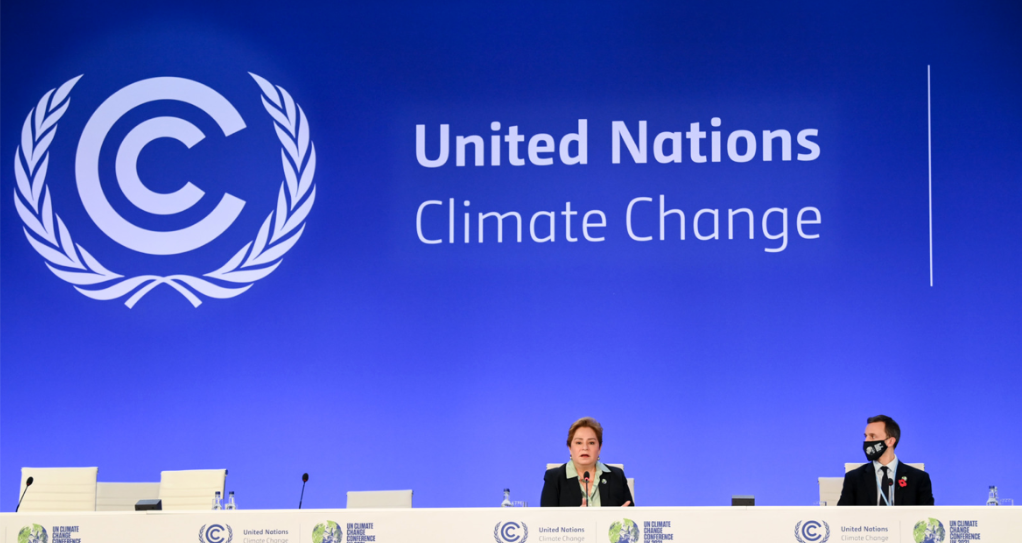
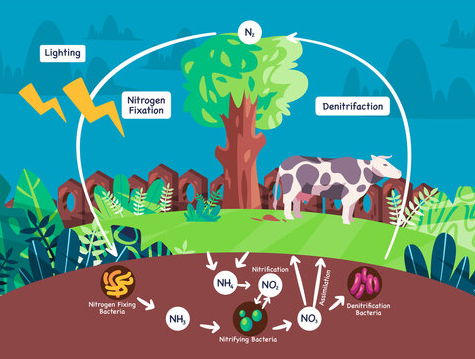

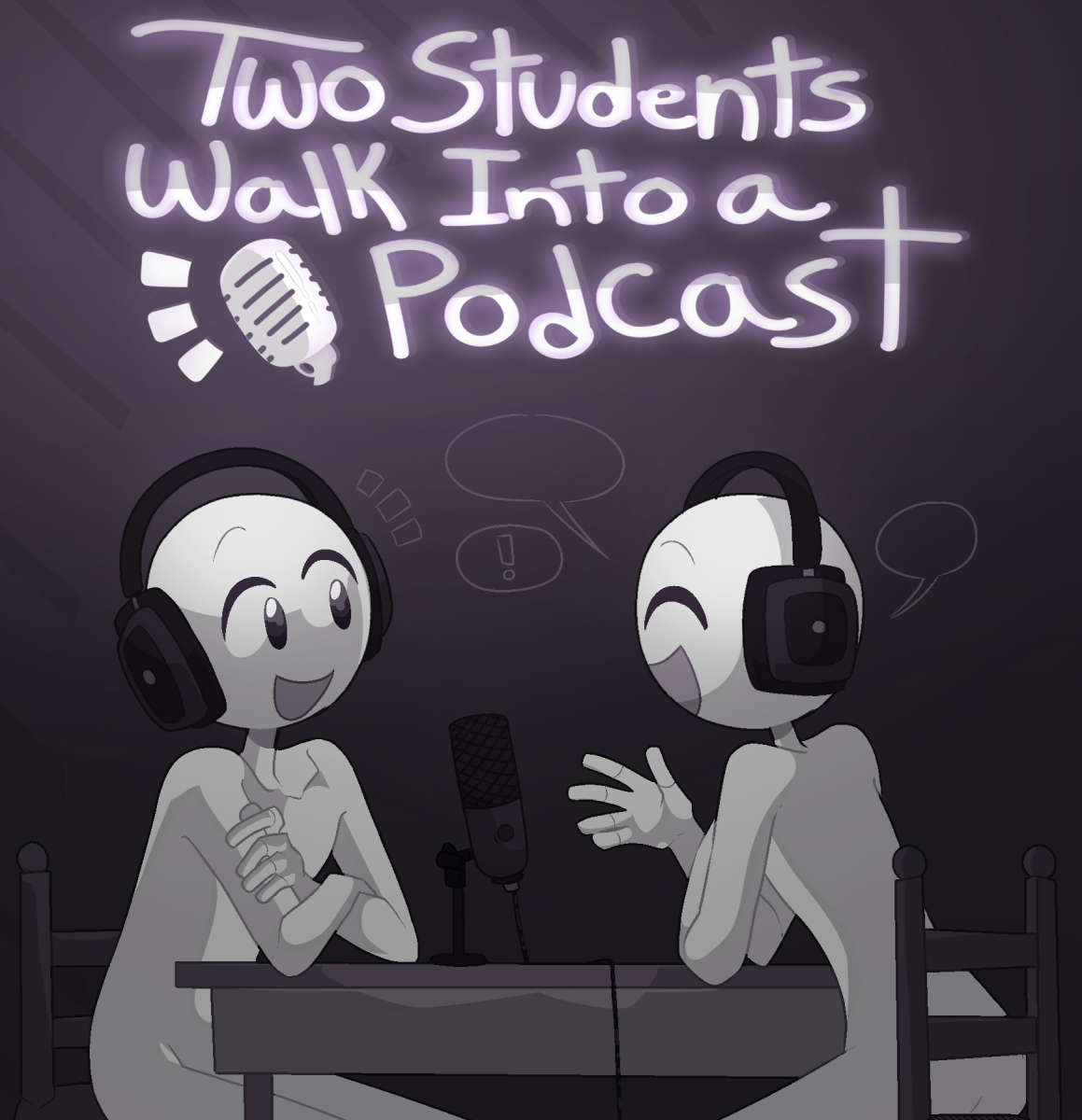
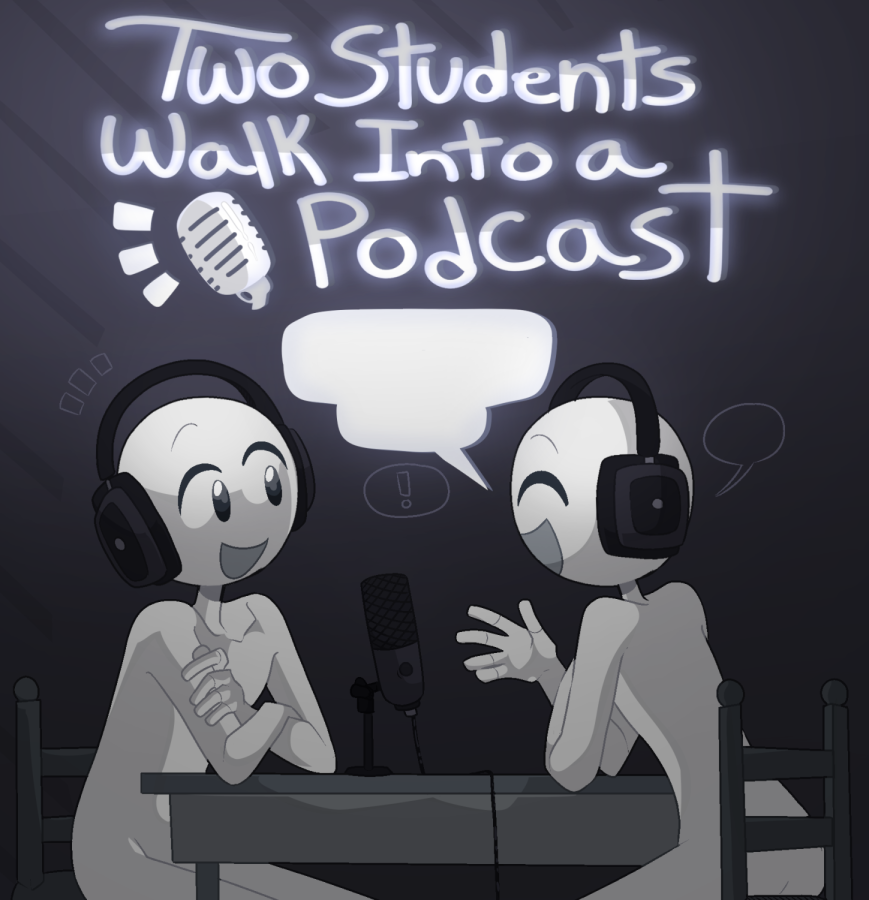
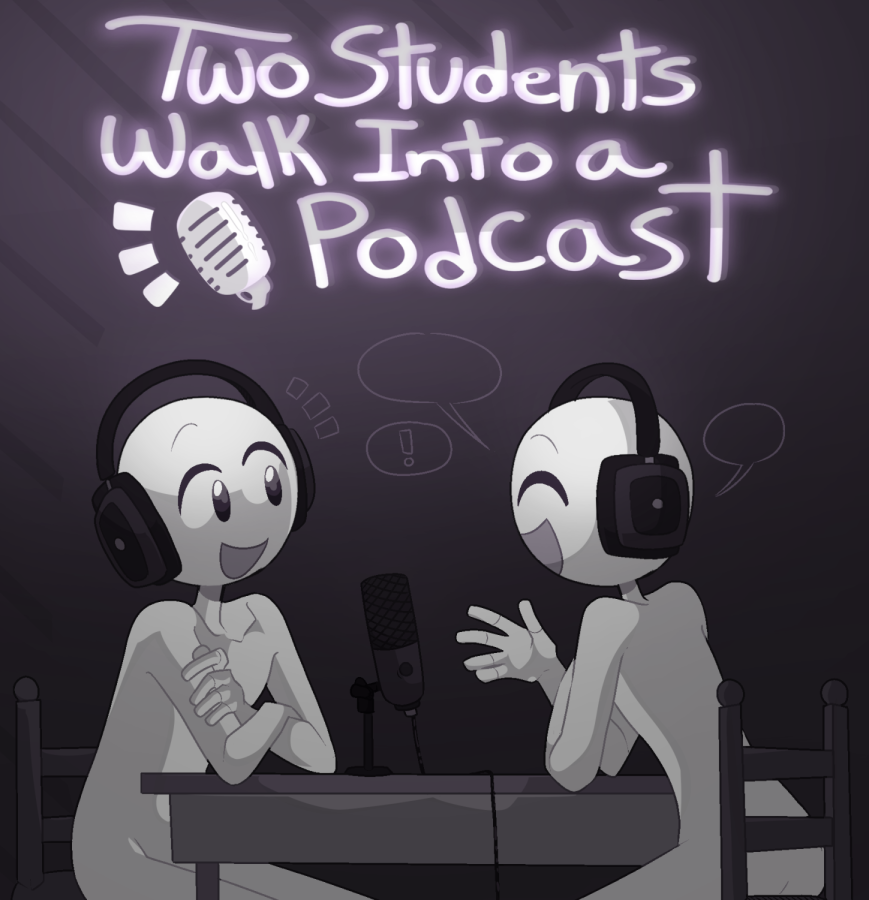
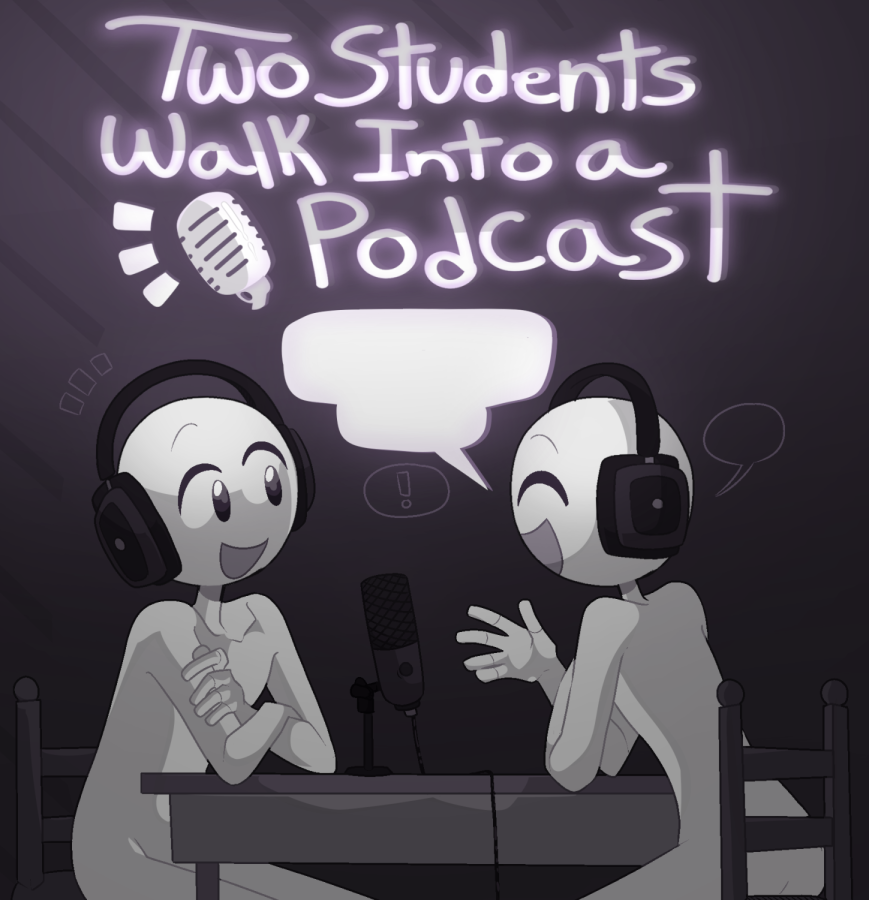
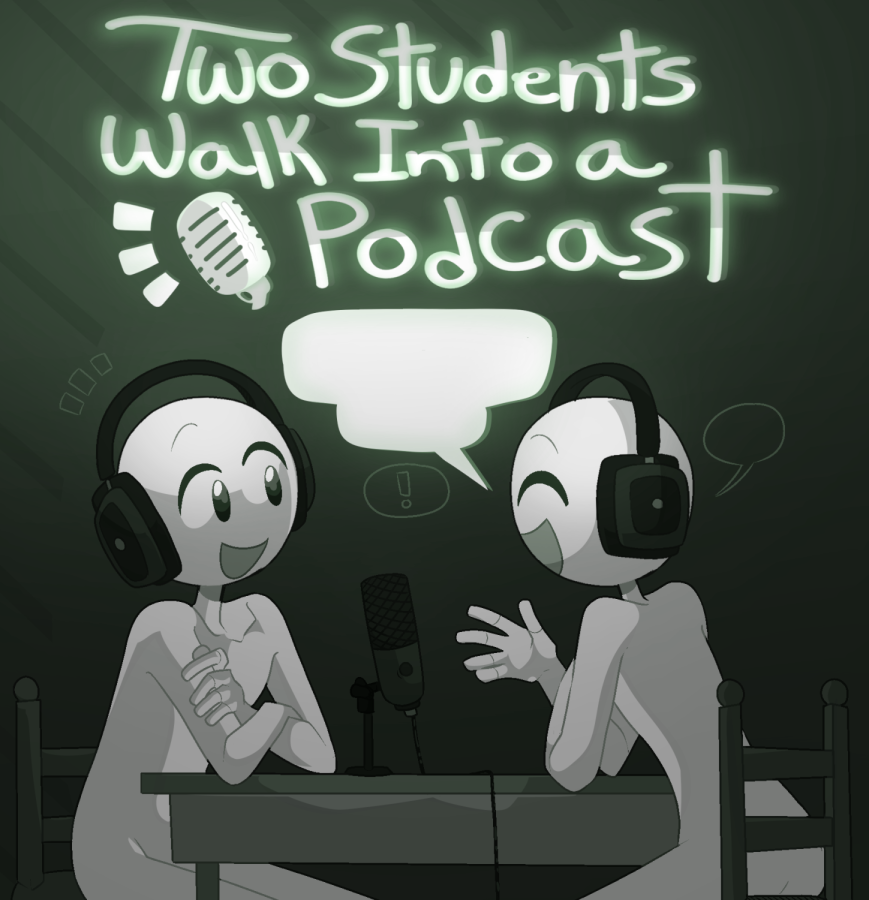

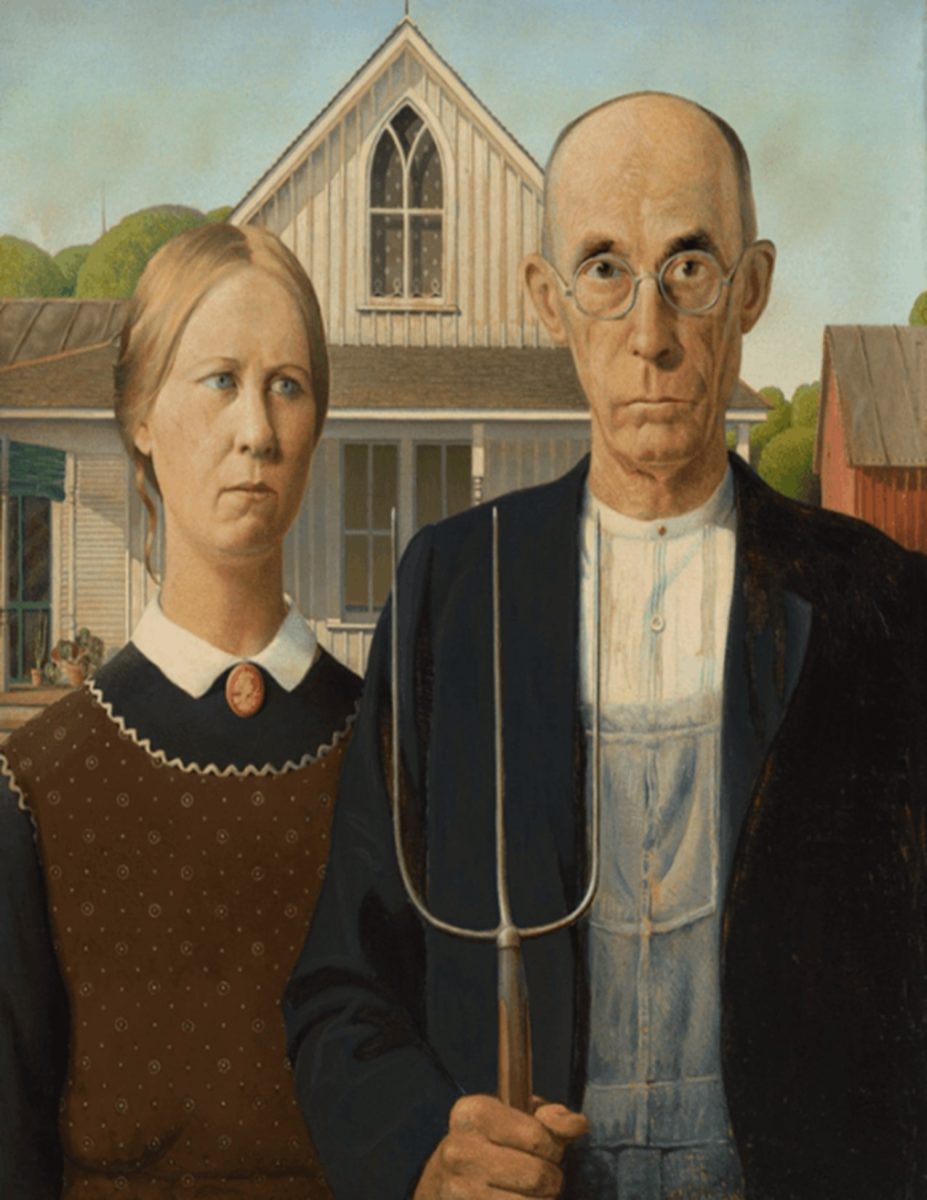


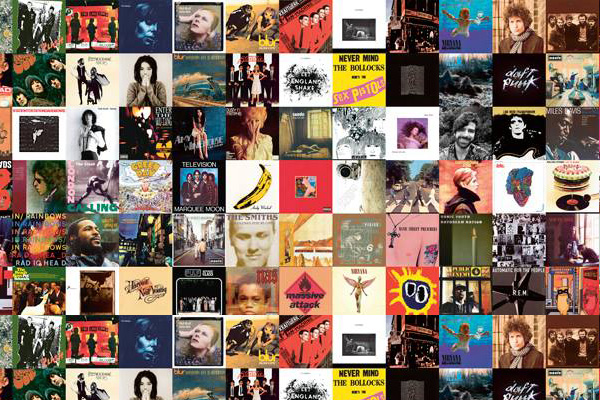
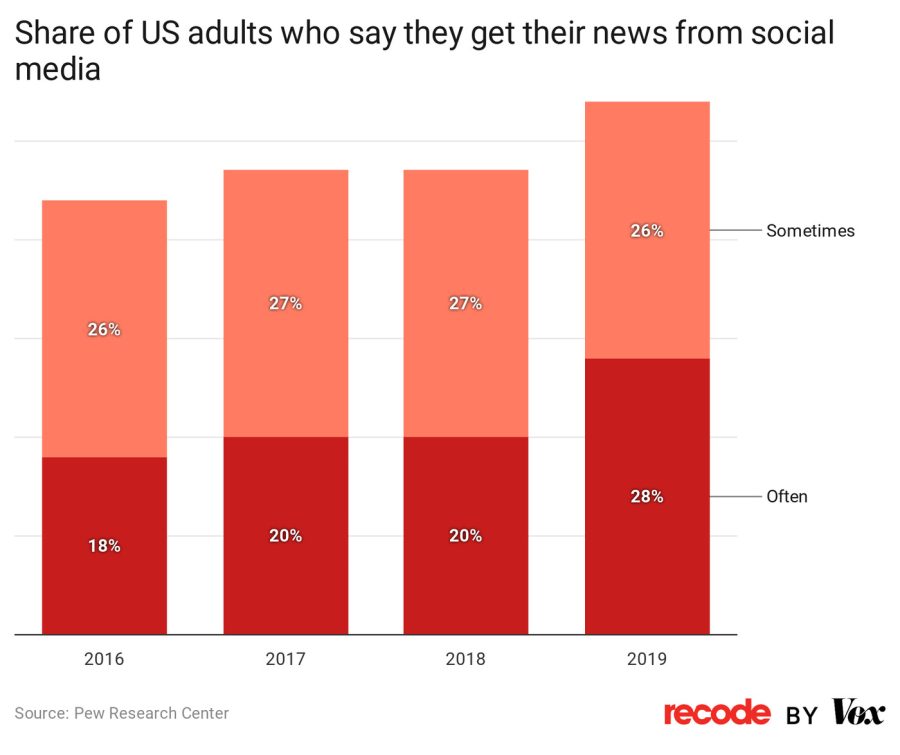



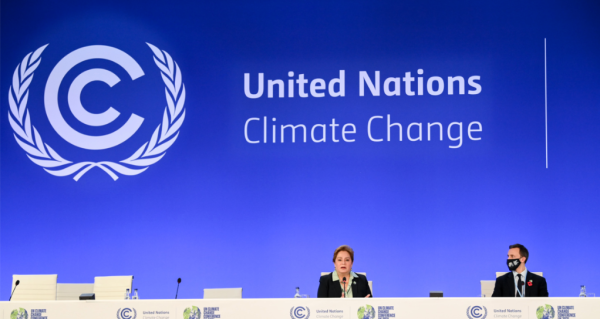
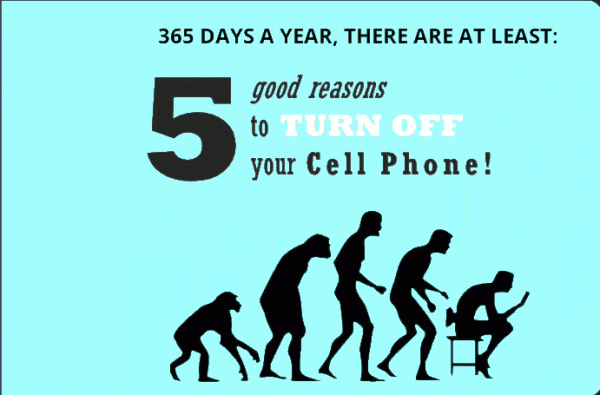
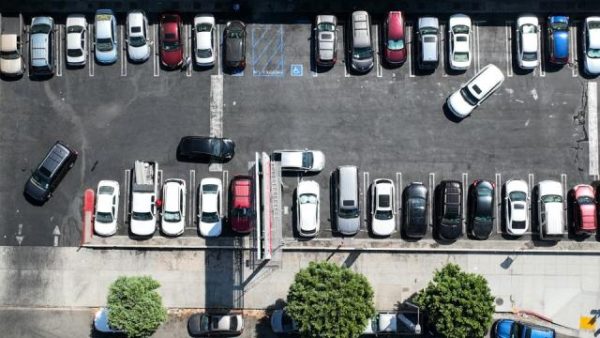
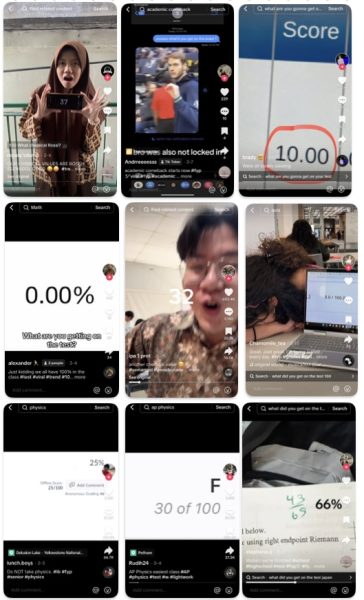

Michael Keough • May 2, 2022 at 8:29 am
I’m glad to see people your age are starting to see how everyone’s opinions are shaped by the biased resources we’re engaging in. Great job Gabe!